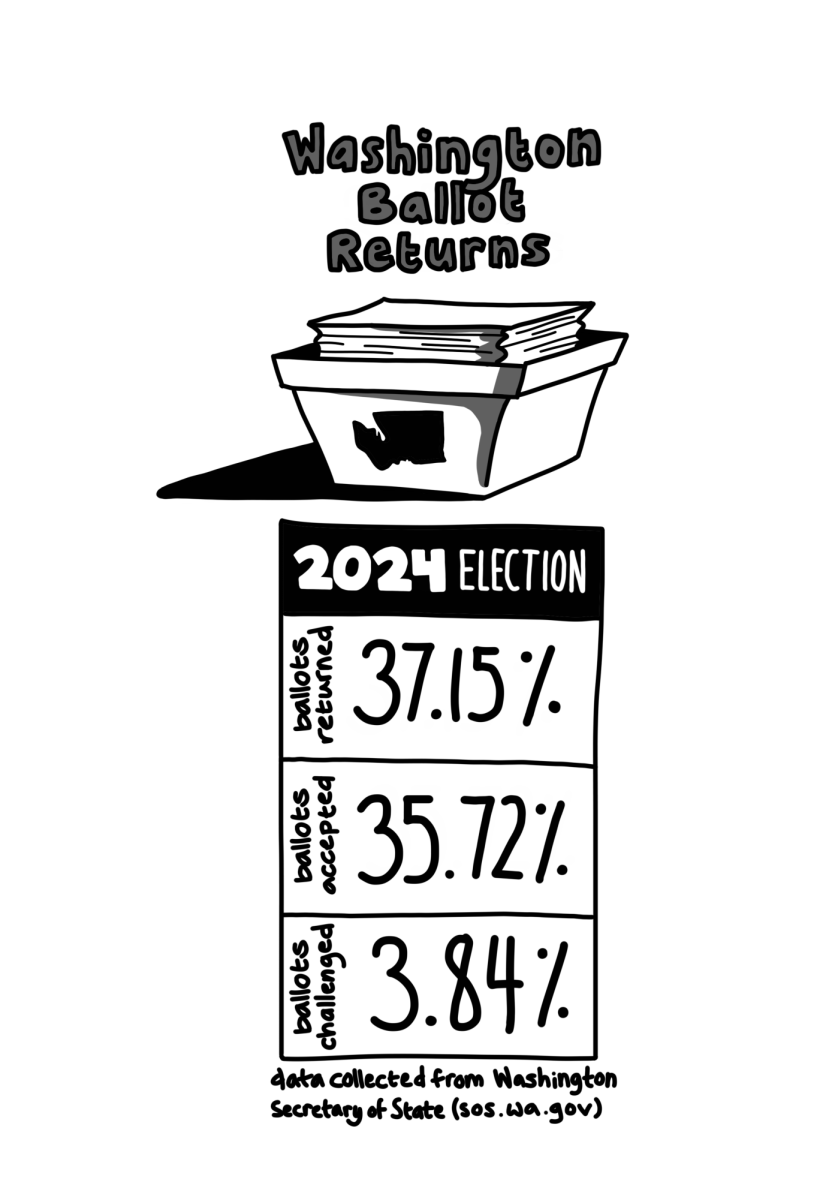Junior Paul Lemieux recently created a new Social Justice Club in the vein of other campus activism groups like Campus Climate Challenge (CCC) and Whitman Antisystem and Radical. Unlike these other groups, however, Lemieux wanted to specifically approach inequality within the social justice region, envisioning the club as a roundtable discussion about ways Whitman students can advocate for social justice causes and make tangible differences.
“I was inspired to create this group because I felt like I have been in the Whitman bubble for too long, and I hadn’t been involved enough on campus, especially in groups that are reaching beyond the Whitman community and getting involved with the Walla Walla community and statewide and national issues,” said Lemieux.

Although the new club on campus has been active for about a month, Lemieux and members of the social justice group have been focusing on the domestic sphere more than an international one. Before looking to address social inequality in other nations, the members thought it would be most impactful if they took physical action instead of more passive actions.
“I wanted focus domestically and didn’t really look into being a human rights group that focused on rights abused in Democratic Republic of Congo, for example. I didn’t want to just write letters to the Democratic Republic of Congo because there is not that much you can do with an issue that you are so detached from. I know that it’s already hard enough to fight for issues domestically,” said Lemeiux.
One of the group’s first projects has been looking into Whitman’s investment portfolio, with help from members from other activist groups like CCC.
“By starting with Whitman’s investments, it’s allowing us, the students, to have more power to take action than to write a letter to a distanced nation. We can say which investments should be made because we are students here and we do have a voice in the college’s decisions,” said Lemieux.
Lemieux said he understands that there are many different kinds of activist groups on campus, but he believes what separates the social justice group from the others is that the social justice group focuses on the social justice aspect of activism, while other groups might look into environmental preservation methods or racial discrimination and inequality. Still, he said, these groups can work together to achieve their goals.
“There are a lot of overlaps from other clubs, and I started taking part with CCC. I know that they have some members who are really interested in the same thing, in terms of Whitman’s endowment and the investment portfolio. From looking into this area, people are fond of finding ways to have a student voice on what Whitman investment should be,” said Lemieux.

Sophomore Ari Ronai-Durning is a student who is very interested in the matters of Whitman’s investments. Ronai-Durning, an occasional attendee of CCC, has been researching information regarding Whitman’s environmental stance through various avenues, one of which was investments. Ronai-Durning has agreed to work with matters covered by the social justice group and is currently working with them to interview Whitman’s Treasurer and Chief Financial Officer Peter Harvey.
“I was happy to have someone else interested and even just looking into it. Having more than just one person interested was helpful and got me motivated again because I had previously shied away from the project because it was such a large institutional thing to change,” Ronai-Durning said.
Although the social justice group is very new to the Whitman campus, it will continue to have many discussions relating topics of inequality and justice.
“I’m really interested in the group because it is a good opportunity to challenge people. I think it’s really easy to be passive and just accept things for how they are and not think about why we choose to make certain decisions. I think it’s a lot more effective to challenge people and make them think about what kind[s] of decisions they make and how other people are affected by those decisions,” said junior Jeremy Schofield.








